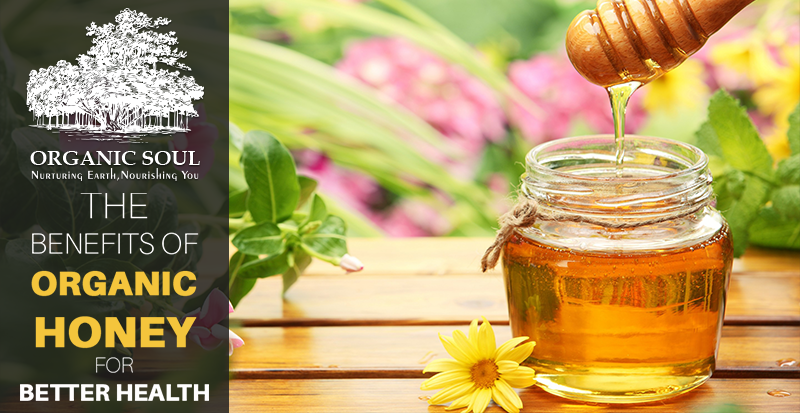Herbs and spices derived from plants are at the same risk as any other produce during conventional farming. As farms are exposed to bacteria, contaminants, and pests, farmers adopt measures that incorporate widespread pesticides use. However, this is not the end of the story. What happen after harvesting these herbs and spices is more outrageous.
The sterilization process of conventional spices and herbs utilizes toxic chemicals such as ethylene oxide. Scientific studies have shown that these chemicals are associated with causing cancer through extensive exposure and also affecting the central nervous systems. Moreover, the irradiation process which uses ionizing radiation (or in layman language washing the crops with radioactive particles) in order to eradicate potential contaminants is known to create carcinogenic by-products, as gamma rays is observed to easily penetrate even the high density packages.
Methods such as irradiation and fumigation (sterilizing the products with toxic gas) can be easily used due to their inexpensiveness. Ethylene oxide used during the process produces ethyl chlorohydrin, a potential carcinogen, as a by-product. The only process that is safe and also the most expensive is Steam technology. To commit to food safety and destroy microbes without compromising the flavor attributes of spices, steam technology is incorporated during Organic production of herbs and spices.
In many spices, produced with conventional methods, dangerous substances, such as MSG (monosodium glutamate), have also been found. Inaptly, manufacturers do not usually disclose the sterilization process used on their herbs and spices. Moreover, unlike organic spices, conventionally produced herbs and spices contain preservatives, additive fillers, and artificial flavors and colors, besides the usual natural adulterants such as mold, rat hair, dead insects, wire, etc. Buying organic helps in supporting small scale organic spice farmers who usually are poverty stricken. Organic spice manufacturers make sure that small scale farmers are paid fairly as they make every effort to save their produce from adulteration and contamination.
Considering the difference between regular and organic spices, it becomes apparent that using conventionally manufactured spices is not only a silent killer, but is also contaminating our food and affecting our health. Nowadays, buying organic spices is not hard and neither does it cost a lot. One can buy the spices used in daily production of food in large quantities from good organic food brands such as Organic Soul as they can last long for a few months to a few years. These herbs and spices will be free of harmful chemicals and will retain their medicinal value more than their conventional counterparts, making our daily intake of food nutritious and valuable to our bodies and health.








